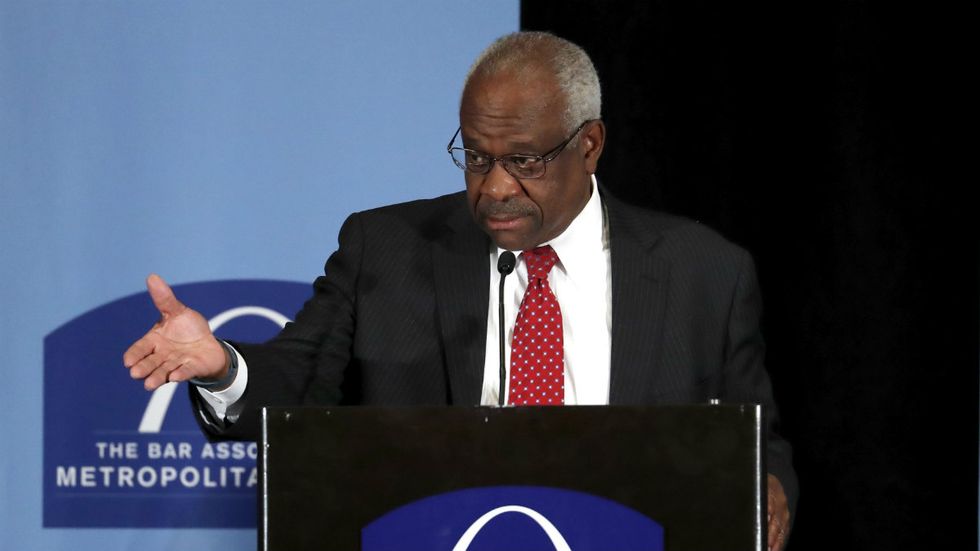
© 2025 Blaze Media LLC. All rights reserved.
President Trump’s June immigration victory at the Supreme Court lasted less than a month before being tarnished by the federal judge in Hawaii who blocked Trump’s first immigration order.
The LA Times reports that the same judge who initially blocked the immigration moratorium from six Middle Eastern countries ruled in favor of expanding the exceptions to the policy by adding grandparents to the list of “close” relatives who are exempt from travel restrictions, as well as refugees with no American ties whatsoever.
In his order, U.S. District Judge Derrick Watson said the government’s actions in implementing the limits on travel for refugees and residents of six Muslim-majority countries represented “the antithesis of common sense.”
He said the government had failed to follow Supreme Court orders last month that established conditions for a partial revival of the ban, whose implementation had been blocked by the courts.
Watson’s decision means that the travel ban, reinstated by the Supreme Court on June 29 with exemptions for a limited list of “close” family members, will stay in place. But there will be expanded exceptions for would-be travelers who have grandparents, grandchildren, aunts, uncles, nieces, nephews, cousins and brothers- and sisters-in-law in the U.S.
As Dan Spencer notes at RedState, Watson’s ruling is a notable flip-flop from a decision he made last week, when he denied an emergency motion to an imam seeking to bring his grandparents into the country. In it, he said he would not “usurp the prerogative of the Supreme Court to interpret its own order.”
Headlines from both old and new media, as well as the president himself, hailed the unanimous June ruling by the Supreme Court as a victory, though a minority of observers pointed out the potential holes in the high court’s order.
As vexing as some will find the decision, some saw this sort of thing coming when the Supreme Court first issued the order.
Indeed, such an outcome as this was forewarned by none other than Clarence Thomas, when the court made an administrative call, rather than ruling on the case itself, saying that the move would only bring more lawsuits in the future:
Moreover, I fear that the Court’s remedy will prove unworkable. Today’s compromise will burden executive officials with the task of deciding—on peril of contempt— whether individuals from the six affected nations who wish to enter the United States have a sufficient connection to a person or entity in this country … The compromise also will invite a flood of litigation until this case is finally resolved on the merits, as parties and courts struggle to determine what exactly constitutes a “bona fide relationship,” who precisely has a “credible claim” to that relationship, and whether the claimed relationship was formed “simply to avoid” [the executive order].
In response to the June ruling, Conservative Review senior editor Daniel Horowitz concluded that this is an area (one of many) that should be controlled by the elected branches of our federal government rather than by unelected judges.
“The Supreme Court did enough good to prove why the courts must be stripped of their power over immigration but not enough good to rely on the high court for relief in the long run,” he wrote at the time. “Time for the elected branches to take back what is rightfully theirs.”
Want to leave a tip?
We answer to you. Help keep our content free of advertisers and big tech censorship by leaving a tip today.
Want to join the conversation?
Already a subscriber?
more stories
Sign up for the Blaze newsletter
By signing up, you agree to our Privacy Policy and Terms of Use, and agree to receive content that may sometimes include advertisements. You may opt out at any time.
Related Content
© 2025 Blaze Media LLC. All rights reserved.
Get the stories that matter most delivered directly to your inbox.
By signing up, you agree to our Privacy Policy and Terms of Use, and agree to receive content that may sometimes include advertisements. You may opt out at any time.






